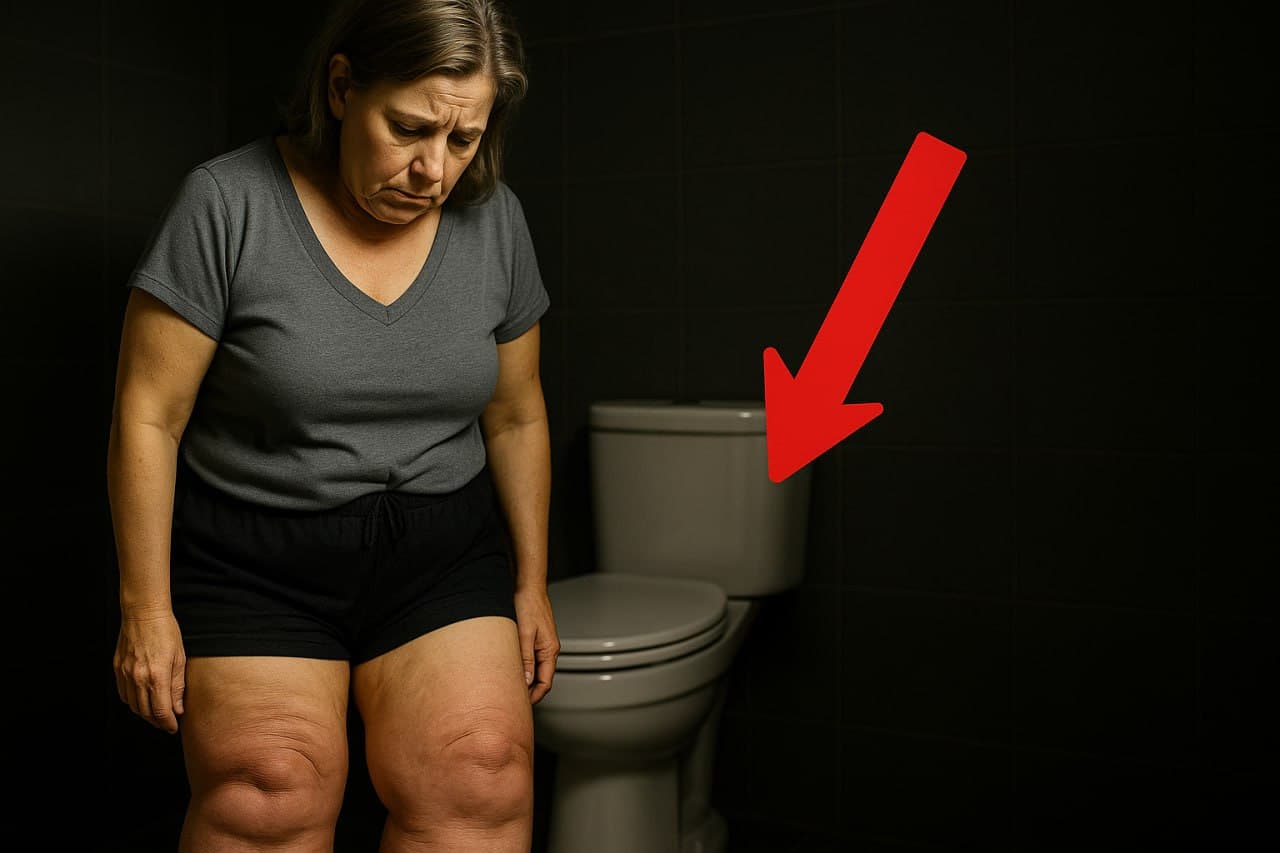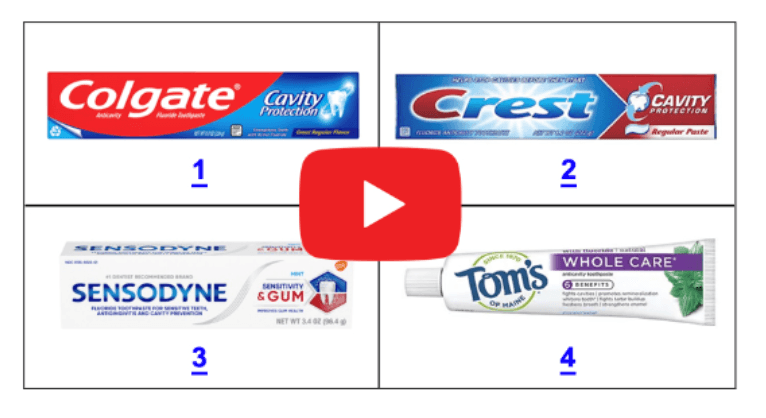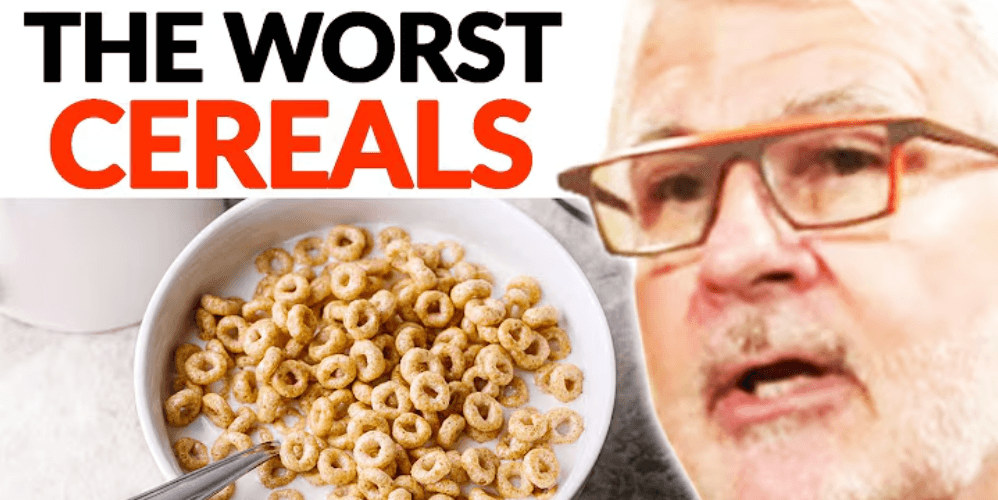Wheat Danger?
In recent discussions around nutrition and heart health, wheat has been identified as a contributor to small, dense low-density lipoprotein (LDL) particles, often termed as "deadliest." These small particles are of concern since they are linked to increased cardiovascular risk. On social media, one of the frequently asked questions is about the extent to which wheat should be consumed.
The pressing question is whether wheat needs to be eliminated completely from our diet. It’s normal to wonder if enjoying a sandwich once a week would elevate health risks drastically.
The response to this query notes that consuming a sandwich weekly is generally fine. It's crucial to understand that consumption should be moderate instead of treating mile-long restrictions tirelessly. Although there's a correlation between wheat, LDL, and potential high cardiovascular risks, it's not as straightforward as direct causation.
Experts suggest consuming less than 100 grams of carbohydrates per day. This limit helps maintain a milder inflammatory response, thereby reducing potential cardiovascular risks.
An important differentiation is made between glycemic and non-glycemic carbohydrates. While it's not elucidated deeply, the crux is understanding how different types of carbs have various effects on blood sugar levels and inflammation.
While it's understood that enjoying a singular weekly sandwich won't immeasurably heighten risk factors for heart conditions, accumulation through consistent high intake just might. Balancing your dietary carb intake closely causes benefits specific to inflammation mitigation, therefore promoting better heart health.
From Around The Web
Wellness Inbox is a blog & weekly newsletter that curates trending news and products related to health and wellness from around the web. We also gather content from various sources, including leading health professionals, and deliver it directly to you.
Please note that we may receive compensation if you purchase any products featured in our newsletter. Wellness Inbox is not affiliated with, nor does it endorse, any health professionals whose content may appear in our newsletter. The information provided is for general informational purposes only and should not be considered medical advice.
The information provided is not intended to replace professional medical advice, diagnosis, or treatment. All content, including text, graphics, images, and information available is for general informational purposes only. We do not guarantee the accuracy or completeness of any information presented and assume no liability for any errors or omissions. The content is subject to change without notice. We encourage you to verify any information with other reliable sources and consult your physician regarding any medical conditions or treatments.







